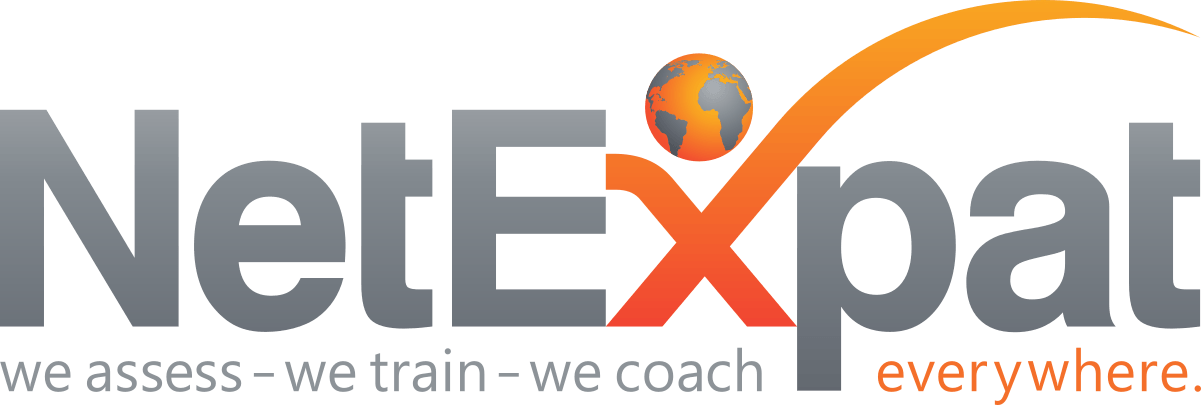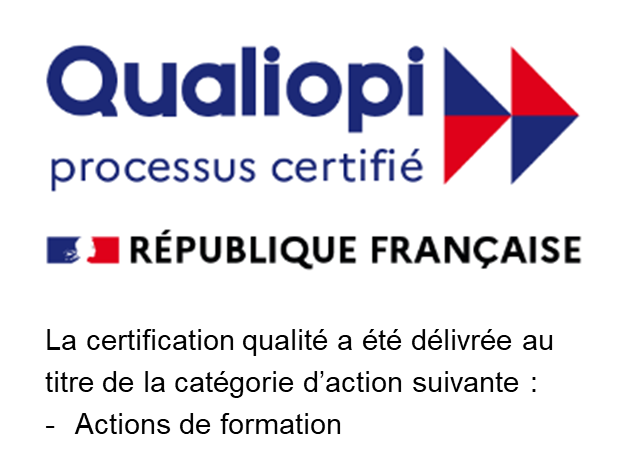The Growing Focus on “Cultural Compliance” to Bolster “Business Compliance”

In a competitive global market, organizations face a myriad of laws, regulations, and ethical standards. And because compliance requirements differ from one country to another, a workforce’s intercultural agility plays a significant part in a company’s ability to ‘be’ compliant in the countries they do business with. Intercultural misunderstandings can be costly, leading to safety issues, lost sales and missed business opportunities, but they can also result in hefty fines, sanctions, and even being barred from operating in key markets. Because the ability to navigate cultural differences is crucial to the success and sustainability of global organizations, cultural compliance should be a part of every organization’s overall compliance strategy.
Cultural Agility: The ability to understand diverse cultural perspectives and adapt one's behavior to various situations - to navigate different cultural landscapes smoothly.
The Legal and Financial Costs of Intercultural Misunderstandings
According to a study by McKinsey, companies in the top quartile for ethnic and cultural diversity are 36% more likely to outperform their less diverse counterparts, which indicates that culturally diverse and
agile
workforces can be significantly more productive.1 But often, decision makers only notice the impacts of cultural agility when the lack of it leads to negative legal or financial ramifications. Below, you’ll find several unfortunate events that NetExpat clients reported experiencing prior to working with us. Each costly event could have been avoided with intercultural compliance training.
Differences in Cultural Communication Styles
-
Personal Space Violation Leads to Formal ComplaintList Item 1
A European expat in Japan faced legal action after standing too close to a local colleague during a meeting, repeatedly touching their arm as a sign of friendliness. This behavior was interpreted as invasive and inappropriate, leading to a harassment complaint.
-
Unintentional Insult Leads to Arrest
A British expatriate in Saudi Arabia was arrested after maintaining prolonged eye contact with a local woman during a conversation, which was perceived as disrespectful and suggestive. To Saudi Arabians, this direct eye contact, especially between men and women, can be seen as aggressive or inappropriate, leading to a man's arrest and deportation.
-
Interruptions Lead to Harassment LawsuitList Item 3
An American manager in Sweden was sued by an employee after repeatedly interrupting them during meetings. In Sweden, silence is often valued in conversations, and interrupting someone can be seen as disrespectful. The employee filed a lawsuit claiming they had been subjected to workplace harassment, based on cultural insensitivity.
-
Forced Handshakes Lead to Legal ActionList Item 4
An expatriate manager in India was sued by his team after trying to enforce a handshake policy at work. In some Indian cultures, physical contact (including handshakes) can be uncomfortable, particularly for women. The manager was accused of cultural insensitivity and faced legal action for creating a hostile work environment.
-
Cultural Insensitivity Leads to Breach of Contract
An U.S.-based consulting company inadvertently offended the Middle Eastern contractors they were collaborating with, when they scheduled meetings during Ramadan and failed to accommodate prayer times. The cultural insensitivity strained the relationship, leading to a breach of contract dispute and subsequent legal action in Saudi courts.
-
Cultural Insensitivity Leads to Employment Discrimination Settlement
U.S.-based multinational company was sued by a group of Sikh employees in the U.K. after the implementation of a "no-beard" policy that disregarded their religious practices. The policy was deemed culturally insensitive and discriminatory, resulting in a legal settlement for affected employees.
-
Lack of Religious Accommodations Leads to Damages
In the United States, a tech company was sued by a Muslim employee who was terminated for taking prayer breaks during work hours. The employee argued that the company’s refusal to accommodate religious practices was discriminatory. The company was found to be in violation of anti-discrimination laws and was required to pay damages and reinstate the employee.
NetExpat’s Cultural Compliance Solutions
To help organizations work effectively across cultures, NetExpat has developed Cultural Compliance Solutions (CCS), a series of preventative, developmental initiatives designed to align individual behaviors with the cultural norms, values, and legal expectations of a different culture. Through cultural self-awareness and assessment, peer discussions, training and individual coaching, our CCS program prevents costly misunderstandings, legal issues, and reputational damage by ensuring that your workforce is both aware of the customs, ethical standards, and regulatory requirements of the markets they’re working with and able to navigate them with skill.
NetExpat's Cultural Compliance Solutions (CCS): a preventative series of developmental solutions (cultural self-awareness and assessment, training and individual coaching, peer discussions) designed to align individual behaviors with the cultural norms, values and legal expectations of a different culture.
"In the global market, cultural compliance is as crucial for businesses as a well-maintained engine is for a long road trip.”
- Isabela Sena, Director of Global Mobility at Stellantis
CCS fosters positive relationships among internal teams and external stakeholders to further support organizational success. Utilizing cultural compliance to bolster business compliance, it delivers a significant return on a company’s investment by facilitating ethical practices and stronger working relationships. The program is presented through a variety of teaching methods (including an engaging tech platform and expert instruction from leading intercultural trainers) – and addresses a wide variety of budgets and time-constraints: it can be presented in as little as half a day for expats and an hour for global business travelers and employees who work across cultures.
A Return on Your Cultural Compliance Investment
Businesses that are culturally compliant are more competitive in global markets, build more collaborative and productive workforces and are better able to navigate the complexities of global compliance regulations. They’re also better positioned to anticipate and respect cultural values and norms that aren’t explicitly covered by formal regulations but could still cause legal and financial pitfalls. By partnering with NetExpat and utilizing our Cultural Compliance Solutions, multinational organizations build agile workforces that navigate cultural differences with skill, respect and integrity, they meet both immediate business goals and long-term objectives.
Today’s geopolitical climate, marked by an emphasis on immigration compliance under a new U.S. administration, underscores the importance for expatriates to develop a strong cultural understanding of the countries they visit. Embracing cultural diplomacy allows for smoother interactions and pathways during their travels.
- Julia Onslow-Cole, Partner-Global Head of Government Advisory Services, Fragomen
To learn more about how NetExpat can help your company navigate cultural differences and enhance global compliance, or to explore our Cultural Compliance Solutions, contact us at
info@netexpat.com
Share this post














